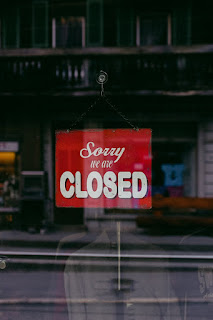In a non-precedential decision issued by the Pennsylvania Superior Court in the case of The Scranton Club v. Tuscarora Wayne Mut. Group, No. 238 MDA 2021 (Pa. Super. Jan. 27, 2025 Panella, P.J., Olson, J., and Kunselman, J.) (Op. by Kunselman, J.), the Superior Court affirmed the trial court’s dismissal of all claims filed by The Scranton Club and found that no coverage existed to the COVID shut down of the Plaintiff’s business.
In this case, the Superior Court followed the precedent set forth in the recent Pennsylvania Supreme Court decision on similar issues in the case of Ungarean v. CNA & Valley Forge Ins. Co., 323 A.3d 593 (Pa. 2024).
The Superior Court in this case found that the trial court properly ruled that The Scranton Club did not allege any facts to establish that it incurred a “direct physical loss of or damage to property” as required to establish coverage under the policy. The court noted that, given that there was nothing that required restoration of The Scranton Club’s property as a result of the COVID shut down, there is no coverage to be provided under the insurance policy at issue.
The Superior Court noted that it also continued to affirm the trial court’s decision to dismiss the Plaintiff’s claims for civil authority coverage. The court noted that, to assert a claim for the civil authority coverage under the policy at issue, the civil authority action prohibiting access to the premises must have been in response to “damage” caused to another property. Given that there is no evidence of any damage to any neighboring properties which resulted in the Plaintiff’s property being shut down, the Superior Court held that the trial court was correct to deny coverage on this ground as well.
Lastly, the Superior Court noted that it was now affirming the trial court’s dismissal of the claim for bad faith given that coverage was not otherwise available under the policy at issue.
Anyone wishing to review a copy of this decision may click this LINK.



















